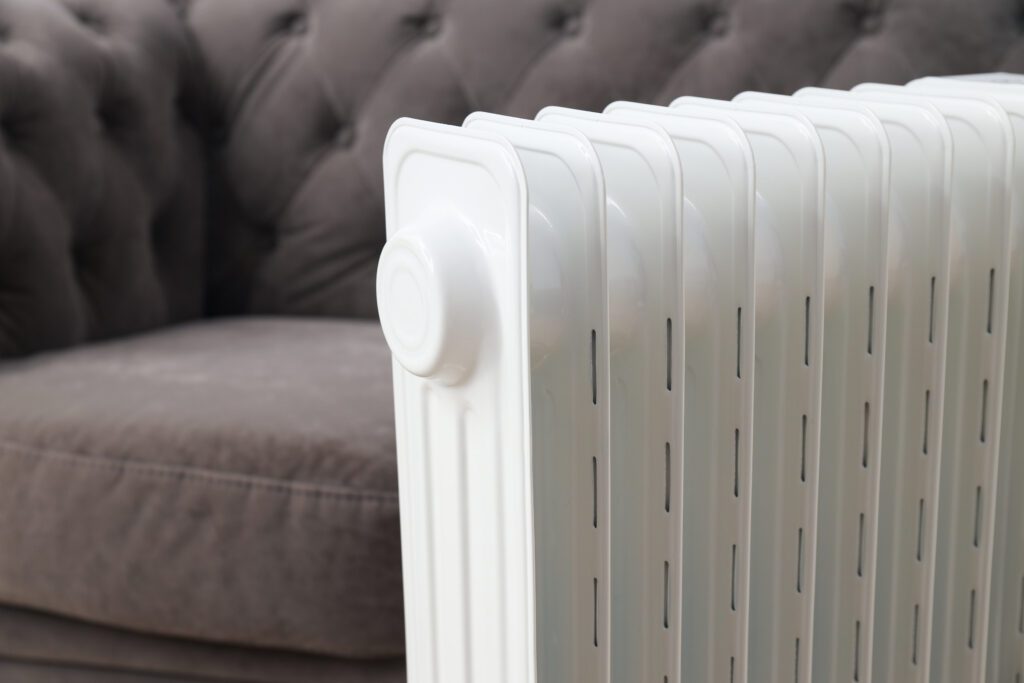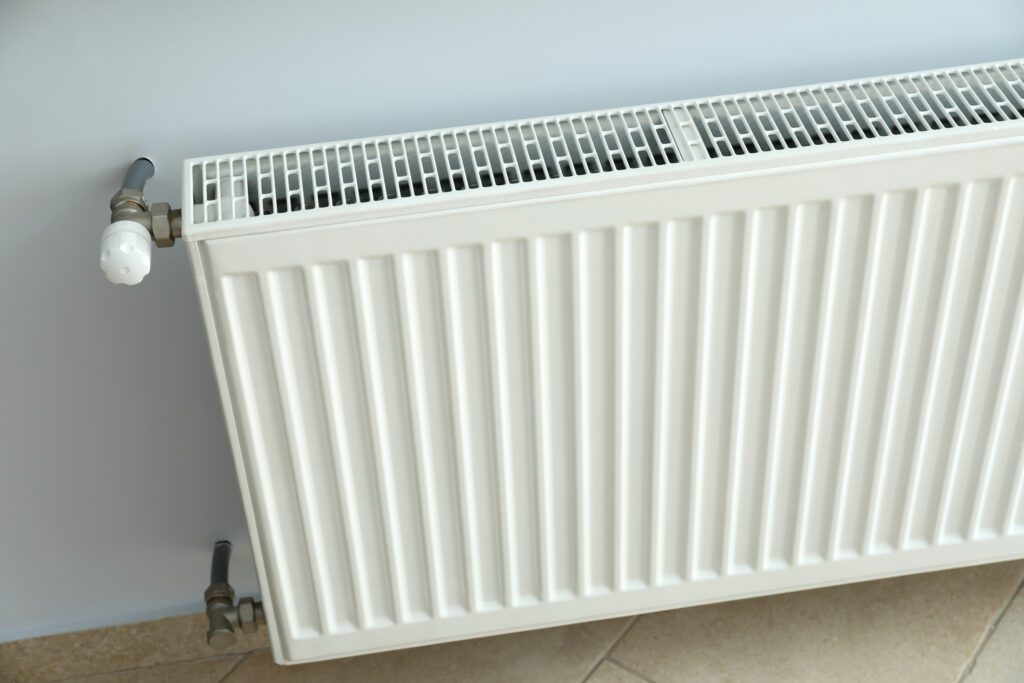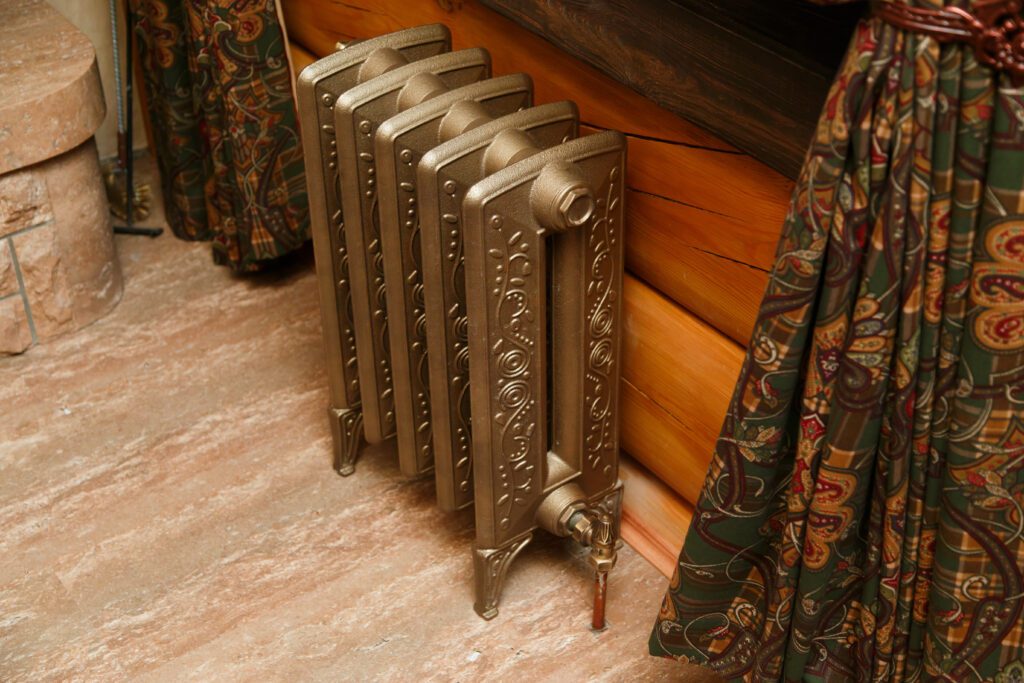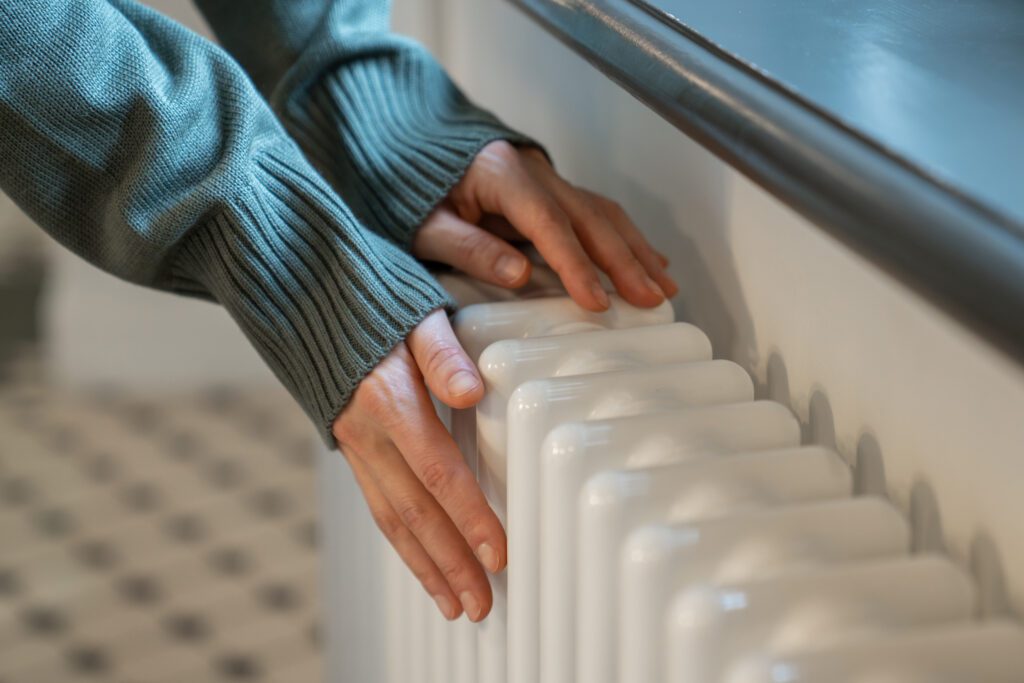When the colder months arrive, ensuring that your heating system operates efficiently becomes a priority for every homeowner. However, many individuals make errors that can complicate or worsen their heating issues. This guide outlines common heating repair mistakes, their impacts, and ways to avoid them, ultimately saving you time, money, and discomfort.
Understanding Your Home Heating System
Before diving into the potential pitfalls of heating repairs, it’s essential to have a basic understanding of how your home heating system functions. This knowledge can empower you to make informed decisions about maintenance and repairs.
The Basics of a Heating System
A heating system’s primary goal is to warm up your living space. Systems operate by distributing heat through a medium, which could be air, water, or steam. Each of these systems has components that work together, including a heat source, distribution system, and controls.
In most modern homes, gas or electric furnaces are common heating sources. The furnace creates heat, which is then distributed through ducts or radiators throughout the house. Understanding this basic layout will help clarify the importance of each part in maintaining a functional heating system. For instance, regular maintenance of the furnace, including changing filters and cleaning ducts, can significantly improve efficiency and prolong the lifespan of the unit. Additionally, being aware of how your thermostat interacts with your heating system can help you optimize energy use and comfort levels.
Types of Home Heating Systems
Several types of heating systems are commonly used in residential settings:
- Forced Air Systems: These systems use a furnace to heat air, which is then distributed through ducts.
- Radiant Heating: This system warms up floors or panels, radiating heat into the room.
- Boilers: They heat water for steam or hot water distribution in the home.
- Heat Pumps: These systems can provide both heating and cooling by transferring heat from the outside air into the home.
Understanding the type of heating system in your home is crucial, as different systems have varying maintenance requirements and repair practices. For example, forced air systems may require regular duct cleaning to prevent dust and allergens from circulating, while radiant heating systems often need periodic checks of the tubing or mats to ensure there are no leaks. Moreover, heat pumps, while efficient, can be less effective in extremely cold temperatures, necessitating a backup heating source. Familiarizing yourself with these specifics not only aids in timely maintenance but also helps in recognizing warning signs that may indicate a need for professional service.
Furthermore, the choice of heating system can also impact your energy bills and environmental footprint. For instance, while electric systems may be easier to install, they can lead to higher energy costs compared to gas systems. On the other hand, renewable energy options like geothermal heating are becoming increasingly popular for their efficiency and sustainability. As you consider your heating options, it’s worth exploring how each system aligns with your lifestyle, budget, and environmental values, ensuring that your home remains comfortable and energy-efficient throughout the colder months.
Common Mistakes in Heating Repair

Avoiding the common pitfalls in heating repairs can make a significant difference in the longevity of your system and the comfort of your home. Here are some frequent mistakes that homeowners make.
DIY Repairs Gone Wrong
With the availability of online tutorials and DIY videos, many homeowners feel empowered to handle repairs themselves. While this can save money in some cases, it often leads to bigger problems if not executed correctly. Tasks such as thermostat calibration, cleaning filters, or even changing batteries in thermostats are manageable, but anything beyond that can risk injury or system damage.
If the repair goes awry, you may end up needing a professional service to correct the mistake and could even void any warranties you have left on your system. Furthermore, the time and effort spent on a failed DIY project can be frustrating, especially when you could have been enjoying a warm and cozy home instead. It’s essential to recognize your limits and know when to call in the experts to avoid unnecessary stress and complications.
Ignoring Regular Maintenance
One of the most significant mistakes homeowners make is neglecting routine maintenance. This includes not scheduling annual inspections and failing to regularly replace air filters. A well-maintained heating system operates more efficiently and has a longer lifespan.
Ignoring maintenance can lead to reduced performance, increased energy costs, and an elevated risk of breakdowns during peak heating seasons. Regular maintenance ensures that any minor issues are identified and addressed before they escalate into larger, more expensive problems. Additionally, a thorough inspection can help in identifying potential safety hazards, such as gas leaks or carbon monoxide emissions, which can pose serious risks to your family’s health. Investing in regular maintenance not only enhances your system’s efficiency but also provides peace of mind knowing that your home is safe and comfortable.
Hiring Unqualified Technicians
Choosing to hire the cheapest technician without verifying qualifications can lead to disastrous results. Unqualified or inexperienced technicians might miss diagnosing issues correctly or use the wrong repair techniques, resulting in further complications.
Always check reviews and ask for credentials before hiring someone for heating repairs. A qualified technician will possess the necessary expertise to safely and effectively repair your heating system. Additionally, a reputable technician will often provide warranties on their work, giving you added assurance that the job will be done right. Investing in a skilled professional can save you money in the long run by preventing recurring issues and ensuring your heating system operates at peak performance. Don’t hesitate to ask for recommendations from friends or family, as personal experiences can guide you toward trustworthy service providers in your area.
The Impact of Heating Repair Mistakes

The repercussions of improperly handled heating repairs extend beyond immediate discomfort. Understanding this impact can motivate homeowners to take their heating repair needs seriously.
Safety Risks Associated with Improper Repairs
One of the gravest risks of improper heating repairs is safety hazards. Gas leaks, electrical failures, and carbon monoxide exposure can all stem from poorly executed repairs. A malfunctioning heating system may pose serious risks to your health and safety, making it crucial to approach repairs with caution.
Always prioritize safety and consider professional help for repairs that seem complicated. Your safety should never be sacrificed for cost savings. Moreover, the potential for fire hazards cannot be overlooked. Faulty wiring or improperly installed heating units can ignite flames, leading to devastating consequences. Regular inspections by certified professionals can help identify and mitigate these risks before they escalate into emergencies.
The Financial Burden of Mistakes
Heating repairs done incorrectly can lead to significant financial strain. The cost of hiring a technician to rectify DIY mistakes can be far more than having paid for professional repairs in the first place. Furthermore, prolonged inefficiencies in your heating system can lead to increased energy bills.
Investing in quality repairs and regular maintenance is essential for long-term savings. Consider it an investment in the comfort and safety of your home, rather than a simple expense. Additionally, homeowners may find themselves facing warranty issues if repairs are not conducted by certified technicians. Many manufacturers require that only qualified professionals perform repairs to maintain warranty coverage, meaning that a DIY approach could void any potential claims for future issues, leading to even greater costs down the line.
Long-Term Damage to Your Heating System
Repeated mistakes in heating repairs can lead to permanent damage to components within the system. Issues left unaddressed can escalate into major repairs or complete system replacements, which can be costly.
Taking the time to fix small issues and ensuring regular maintenance will keep your heating system functioning well for years, potentially saving you thousands in repair costs and replacements. Furthermore, neglecting minor repairs can lead to a cascading effect, where one malfunctioning part puts additional strain on other components, leading to a domino effect of failures. This not only compromises the efficiency of your heating system but can also disrupt your daily life, leaving you without heat when you need it most. Regularly scheduled maintenance checks can help catch these issues early, ensuring that your heating system remains reliable and efficient throughout the colder months.
How to Avoid Common Heating Repair Mistakes

Awareness is key when it comes to avoiding past mistakes. Implement these strategies to ensure that your heating repairs are carried out effectively and safely.
The Importance of Professional Repairs
When in doubt, always turn to professionals for heating repairs. Not only are they trained to handle a wide range of issues, but they also provide warranties on their services. This means if something goes wrong, you have recourse.
Professional technicians have the experience and tools necessary to pinpoint issues accurately and efficiently. They can provide advice on maintenance and repair strategies tailored to your specific heating system, helping to optimize its performance. Moreover, their expertise extends beyond just fixing the immediate problem; they can also offer insights into energy-efficient upgrades that can save you money in the long run. By investing in professional help, you not only ensure the safety of your home but also enhance the longevity of your heating system.
Regular Maintenance and Inspections
Schedule annual inspections with a qualified technician to ensure your heating system is thoroughly checked and maintained. Regular maintenance should include:
- Cleaning or replacing filters.
- Checking for leaks or obstructions.
- Inspecting ductwork for damage.
- Monitoring the thermostat for accurate readings.
This proactive approach can identify small problems before they become expensive repairs, keeping your system running efficiently. Additionally, regular maintenance can improve indoor air quality by ensuring that dust and allergens are minimized. A well-maintained heating system not only operates better but also contributes to a healthier living environment for you and your family. Furthermore, many manufacturers require proof of regular maintenance to uphold warranties, making it essential for protecting your investment.
Recognizing the Signs of a Heating Problem
Being vigilant about unusual sounds, fluctuating temperatures, and odd odors can help detect problems early. If you notice any of the following, it may be time to call in a professional:
- Strange noises such as banging or clanking.
- Inconsistent temperatures throughout your home.
- Foul smells coming from the heating system.
- Increased energy bills without apparent cause.
Recognizing these signs immediately can prevent the deterioration of your heating system and ensure a comfortable living environment. Additionally, keeping a log of any irregularities can be beneficial when discussing issues with your technician. This record can help them diagnose the problem more effectively and provide a tailored solution. It’s also wise to familiarize yourself with the specific sounds and smells that your heating system typically produces, as this knowledge can further aid in identifying potential issues before they escalate.
In conclusion, avoiding common heating repair mistakes can save homeowners both time and money. By understanding your system, practicing safe repair habits, and scheduling regular maintenance, you can enjoy a cozy and efficient home year-round.



